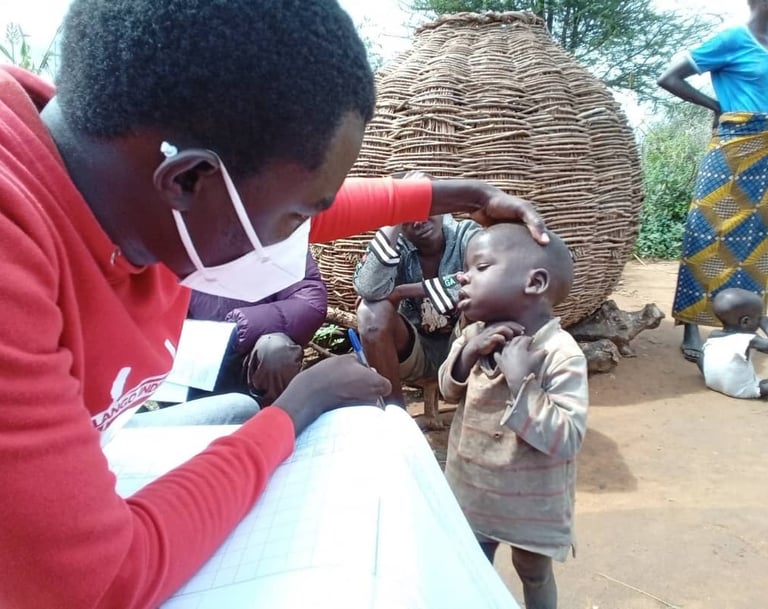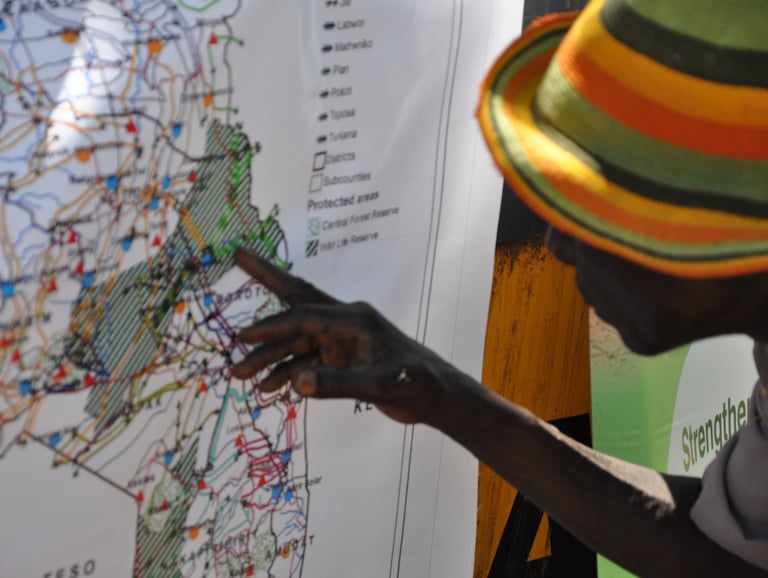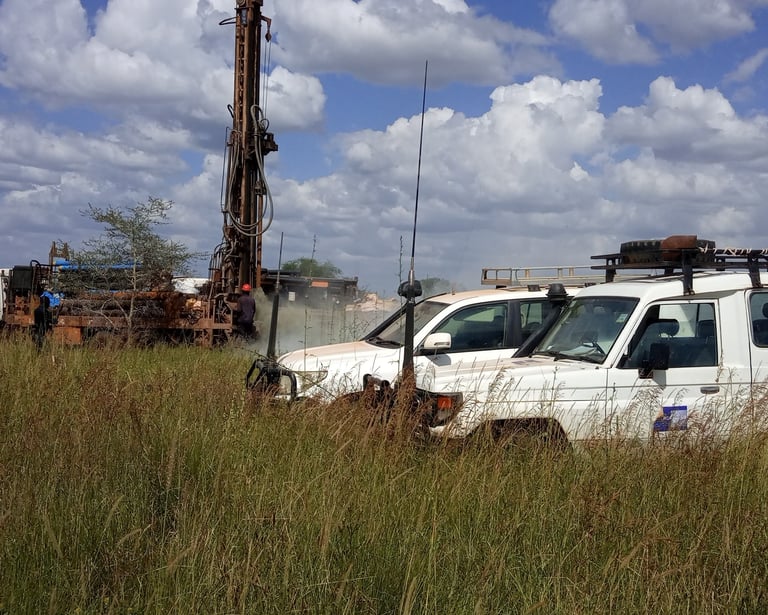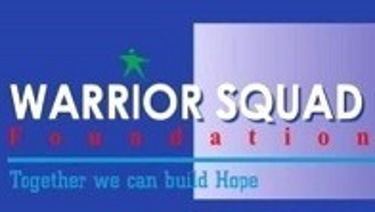Our Previous projects
The Program for Accelerated Control of Tuberculosis in Karamoja (PACT-K) sought to improve the TB cure rate from 23% to 85%. The primary goal is to: Increase the implementation of evidence-based and impactful interventions to meet End TB strategy objectives of 90% treatment coverage and success, encompassing three main outcomes. These consist of enhancing TB case identification from 54% to 90%, 2). Improving TB treatment success from 48% to 90%, and 3). Increasing cure rates to a minimum of 85%.
WSF executed the PACT-Karamoja Project in collaboration with the Infectious Disease Institute (IDI) of Makerere University, with funding support from USAID from 2021-2024


Program for Accelerated Control of Tuberculosis in Karamoja (PACT-K)
funded by USAID Uganda
Engaging indigenous community-based organizations can improve access to TB care services; Lessons from the Karamoja subregion, North Eastern Uganda. A case of Warrior Squad Foundation (WSF)
Our Success
35,000
children <5, Adults, and elderly
Total reach
Employing community based approaches
With funding support from the Open Society Initiative for Eastern Africa (OSIEA), WSF is implementing a twelve-month Sustainable and Resilient Livelihoods (SURL) project in North Karamoja covering the districts of Kotido and Kaabong with the overall goal of “overall goal “to contributing to increased productivity of rangeland resources through access, utilization, and protection of rangelands for food security in Karamoja. Supported by two specific objectives, SO1: strengthen local rangeland use and management systems among the pastoralist communities of Karamoja, and SO2: strengthen pastoralist engagement in policy and decision-making processes in relation to rangeland management in Karamoja.
The action intends to build the capacity of pastoral institutions in rangeland use and management, focusing on alternative dispute resolution, rangeland management use and planning, among others. The SURL II project recognizes the multitude of issues – such as the policy framework, livelihoods, state responsiveness, and accountability that are all intimately interrelated – and employed a number of fronts to cause a change in the livelihoods of the population of Karamoja. The enormity of the challenges means a joint approach by a range of actors, working consciously to strengthen the capacity of local men and women to influence policies that affect their livelihoods, and to trial and document ways to protect and improve over time.
The SURL II project's primary targets included pastoral institutions (formal and informal), CSOs, female and male youth groups, men and women, the district and lower council leaders, and the religious leaders and institutions. The project was implemented directly by WSF in Kotido and Kaabong districts. The project directly reached a total of 2,183 (1,418 male and 785 female) direct and 6,549 (4,254 male and 2,355 female) indirect beneficiaries were reached during the project period.


Building Sustainable and Resilient Livelihoods (SURL) in Karamoja
funded by the Open Society Initiative for Eastern Africa (OSIEA) August 2021 - July 2022
Promoting social economic development and peace in Africa's Borderlands
Funded by UNDP 2022


The WSF, in collaboration with the UNDP Uganda program, carried out a project focused on "promoting socio-economic development and peace in Africa’s borderlands". This initiative aims to address the security challenges faced by cross-border communities in Karamoja, which are exacerbated by climate change and its consequences. The primary objective of the project is "to contribute to enhancing socio-economic development and peace in the border areas of Karamoja" by bolstering community-based cross-border peacebuilding mechanisms and resilience. Key objectives include: the opening and commissioning of a cross-border security access road in the borderlands of Karamoja; encouraging community peace dialogues and facilitating joint access to clean and safe water for cross-border communities in Karamoja.
The key activities undertaken included: conducting an Initial Assessment (Reconnaissance), engaging in community mobilization and raising awareness about the importance of establishing security roads, and the opening of a cross-border security access road. Community mobilization and sensitization meetings were held to determine suitable land and locations for the water source, resulting in the drilling and installation of two cross-border boreholes to provide safe drinking water at Kaileny in Nakapelimoru sub-county (Kotido) and Tultul in Timu Sub-County, IK constituency (Kaabong). The cross-border security access road has been opened, and two cross-border hand pump boreholes have been drilled and set up in Kaileny (Nakapelimoru sub-county) and Tultul (Tapac Sub-County) in Kotido and Kaabong Districts. A total of 250 beneficiaries (210 males and 128 females) were directly reached, along with 630 males and 384 females indirectly.
total project budget: USD 78,000
